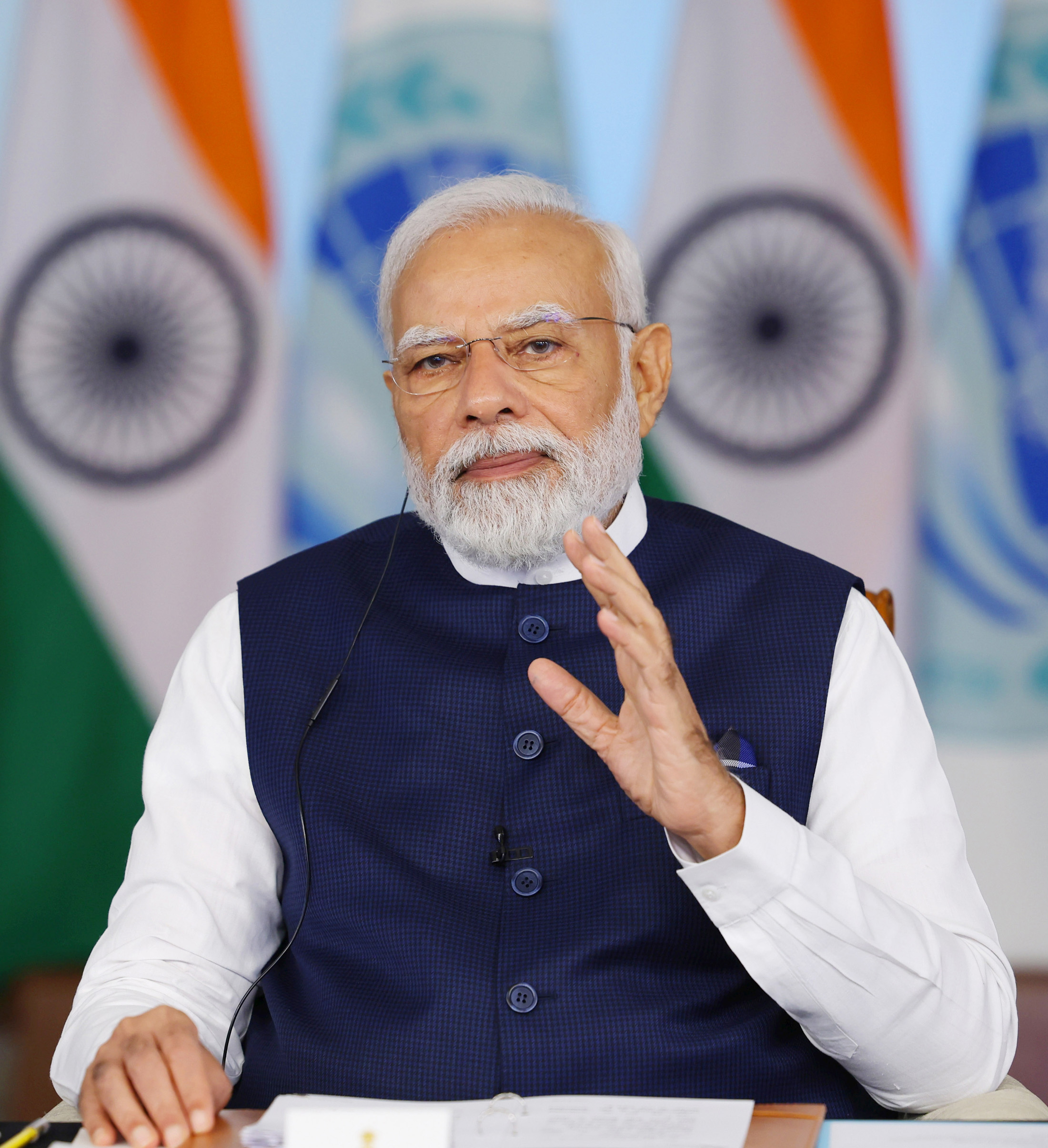In defence of Kamlesh Tiwari and blasphemy
Ravi Shanker Kapoor | January 15, 2016 2:05 am
Heinrich Heine wrote that wherever they burn books they will also, in the end, burn human beings. Liberals in our country often quote the eighteenth century German poet in the context of bans on books and other forms of expression. But nobody is even aware of over the natural corollary of this truth: wherever they gag a demagogue they will also, in the end, muzzle scholars and artists and strangle liberty in general. The arrest of the erstwhile Hindu Mahasabha leader Kamlesh Tiwari should be viewed from this perspective.
Tiwari’s remarks on Prophet Mohammad, for which he has been penalized, are beside the point; the issue is free speech. As I have asserted earlier, the right to freedom of expression is vacuous without the right to blaspheme. Now, such an assertion sounds outrageous in the present milieu, for political correctness of various hues is muzzling anything that may ‘hurt the sentiments’ of somebody or the other.
I will prove my assertion by employing reductio ad absurdum or argumentum ad absurdum—the argumentation which starts by accepting the opposite position as true and then proceeds to demonstrate the absurdities it leads to.
Let us assume the correctness of the policy proscribing every book, viewpoint, and remark that is critical of Prophet Mohammad. Dante’s Divine Comedy depicts Muhammad in the ninth ditch of the eighth circle of hell, the realm reserved for those who are condemned of schism. He is in a pathetic shape—split in two, his entrails hanging out. Going by the state of liberty in India, this is a fit case for proscription; works much less offensive to the sensitivities of Muslims, and others, have faced problems with the authorities.
Then there is a five-act play called Fanaticism, or Mahomet by the French playwright and philosopher Voltaire. This is an unflattering portrait of the Prophet. Now Voltaire maybe the very embodiment of the Age of Enlightenment, but Lady Justice is blind. So, Voltaire’s play should also be banned.
Closer home, Swamy Dayanand’s Satyarth Prakash lambastes and lampoons the Prophet in no uncertain terms. The book describes Mohammad as an “imposter.” Further, “the heart of Mohammad was not pure… It appears that Mohammad [made or] had the Koran made in order to serve his selfish interests.”
Swamy Dayanand also accused Mohammad of selfishness and trickery: “Mohammad knew only too well how to compass his selfish ends and to deprive others of their due—a fact which proves that he was no well-wisher of humanity. Such a man can never command the trust and confidence of good and enlightened men.” Again, “it appears that Mohammad gained his selfish ends by defrauding others in the name of God.”
The founder of Arya Samaj also made harsh statements about Mohammad’s personal life: “It is also clear that Mohammad was lascivious.”
Therefore, Swamy Dayanand’s Satyarth Prakash should also be banned.
There are many other important books that are critical of Mohammad and Islam; all of them should be banned. By the same logic, anything uncharitable about other religions, their leaders, etc., should also be proscribed. But if we accept the outlaw-blasphemy reasoning, little would be left in world philosophy and literature. This is an absurdity modern civilization should avoid at any cost.
Unfortunately, the beacons of benightedness want to thrust the vilest absurdities on us. The arrest of Kamlesh Tiwari may be seen as action against a foul-mouthed activist, something inconsequential. In reality, however, it is part of the monstrous illiberalism or, to use a currently fashionable term, intolerance that is plaguing mankind.
The thread of intolerance runs through the East and the West. A petition was filed in the Delhi High Court, seeking a ban on Satyarth Prakash in 2008. Thankfully, Justice S.N. Dhingra dismissed it, saying, “It is not the province or duty of the court to pronounce the truthfulness of the religious books or to regulate the religious sentiments and feelings of the sections of the society.”
Four years later and thousands of miles away, in Italy, a human rights organization demanded the removal of Divine Comedy from school curricula. “The Prophet Mohammed was subjected to a horrific punishment—his body was split from end to end so that his entrails dangled out, an image that offends Islamic culture,” the head of Gherush 92 said. The fact that the rights group is a consultant to UN bodies on racism and discrimination underlines the prominence the enemies of liberty have gained in recent times.
There have also been demands for a ban on Fanaticism, or Mahomet by Muslim groups in France—the demands which have been resisted by the political class and intellectuals.
In India, however, there aren’t many who support free speech. Even fellow Hindu leaders are not supporting Tiwari. Hindu Mahasabha national president Swami Chakrapani, “Kamlesh Tiwari was expelled from the Hindu Mahasabha in 2008. We strongly condemn the comments that he has made. His statement has pained me as much as any comment against Hindu gods or goddesses has. He is languishing in jail and rightly so.”
The pontiff misses the point: first, they come for Kamlesh Tiwari…






























